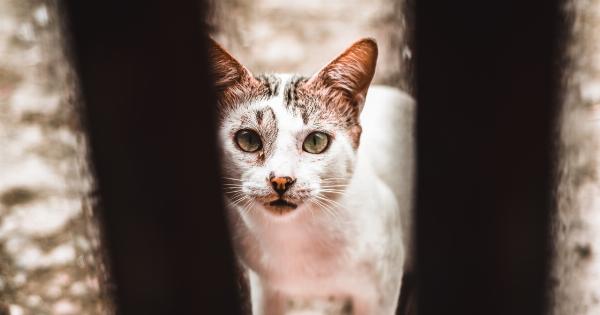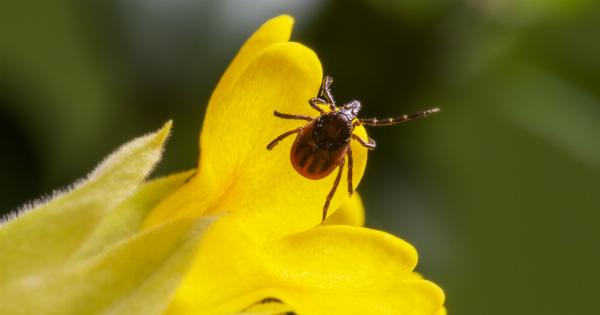As the weather heats up, so does insect activity. Unfortunately, many of these pests are drawn to our homes as a source of food, shelter, and water. Not only can they be a nuisance, but some insects can also pose health risks or cause property damage.
Here are ten effective ways to keep insects from invading your home:.
1. Seal Cracks and Gaps
Many insects can fit through tiny cracks and gaps in your home’s exterior, so it’s important to seal them up.
Use caulk or weatherstripping to fill in gaps around doors and windows, and apply foam insulation or steel wool to larger gaps around pipes and other openings.
2. Keep Screens in Good Condition
Screens on your windows and doors are your first line of defense against flying insects. Check them regularly for tears or holes, and repair or replace them as needed.
Pet owners may want to consider using pet-resistant screens that are sturdier and less likely to be damaged by claws.
3. Use Essential Oils
Many essential oils have insect-repellent properties, making them a natural, chemical-free way to keep bugs at bay. Some of the most effective oils include peppermint, lavender, eucalyptus, and tea tree.
Simply mix a few drops of these oils with water in a spray bottle and apply to areas where insects are prone to enter.
4. Keep Food Sealed and Stored Properly
Most insects are attracted to food sources, so it’s important to keep your kitchen clean and tidy. Store dry goods in airtight containers, wipe down countertops and floors regularly, and don’t leave dirty dishes in the sink overnight.
Make sure your garbage cans have tight-fitting lids and take out the trash on a regular basis.
5. Remove Standing Water
Standing water is a breeding ground for mosquitoes and other insects, so it’s important to eliminate any sources of stagnant water around your home.
Check for leaks in plumbing or outdoor faucets, and empty bird baths, pet water dishes, and other containers that may collect rainwater. Make sure gutters and downspouts are clear of debris to avoid standing water.
6. Keep Trees and Shrubs Trimmed
Many insects use trees and shrubs as a pathway to enter your home, so it’s important to keep them trimmed away from the house. Don’t let branches touch your roof or windows, and keep shrubs well-maintained to reduce hiding places for pests.
7. Vacuum Regularly
Vacuuming regularly can help to eliminate any existing insect populations in your home, as well as removing dirt and debris that may attract more bugs.
Pay special attention to carpets, rugs, and upholstered furniture, where dust mites and fleas may thrive.
8. Use Insect Repellent
If you’re spending time outdoors, be sure to use insect repellent to keep bugs at bay. Look for products containing DEET or picaridin, which are the most effective at repelling mosquitoes and ticks.
Wear long sleeves and pants, and avoid spending time outdoors during dawn and dusk, when mosquito activity is at its highest.
9. Clean Your Pet’s Bedding
Many insects, such as fleas and ticks, can enter your home on your pets. Regularly cleaning your pet’s bedding, toys, and other items can help to prevent infestations.
Use a pet-safe insect repellent on your pet’s fur, and keep up with regular grooming and flea and tick prevention treatments.
10. Call a Pest Control Professional
If you have a persistent insect problem, or if you’re dealing with a particularly dangerous or harmful pest, it may be time to call in a pest control professional.
These professionals can help to identify the source of your infestation, and develop a customized treatment plan to eliminate the pests and prevent future problems.


























